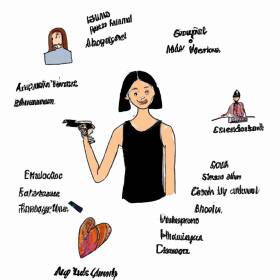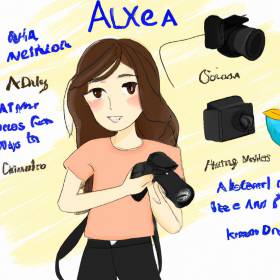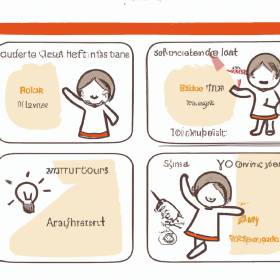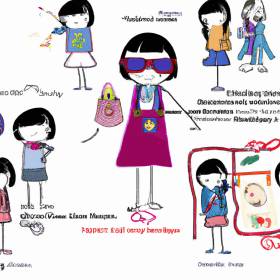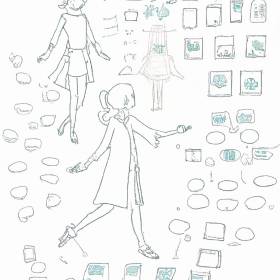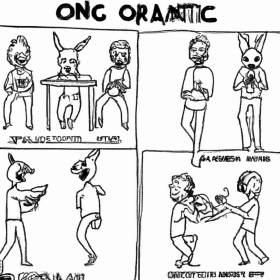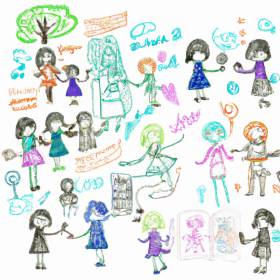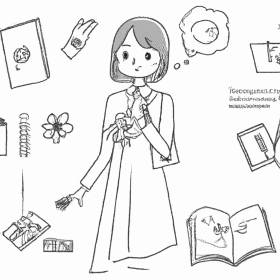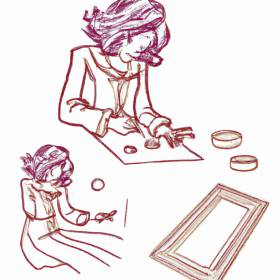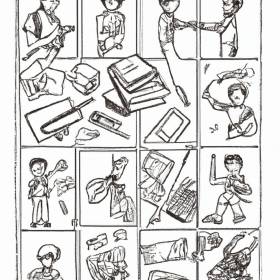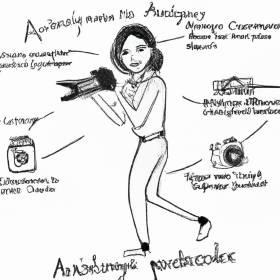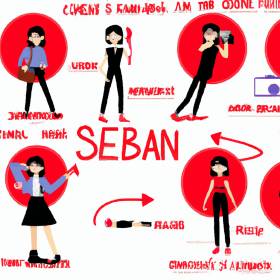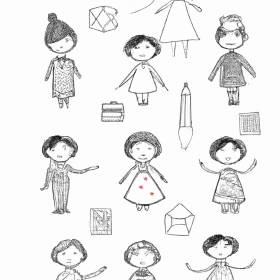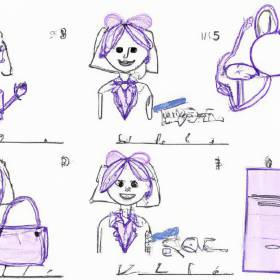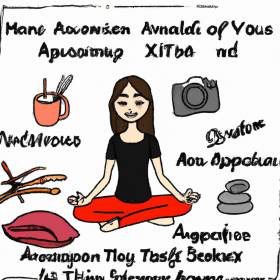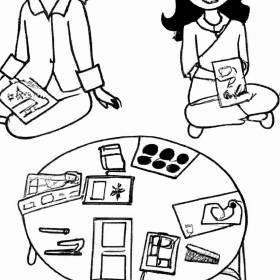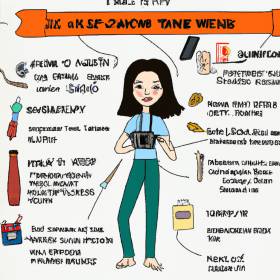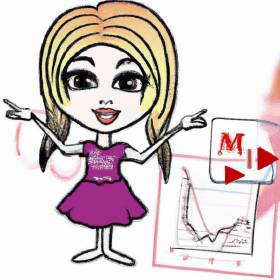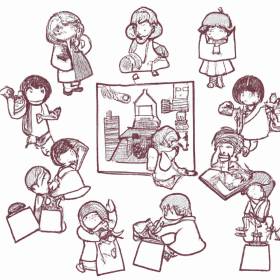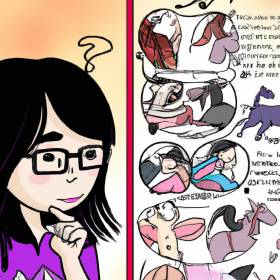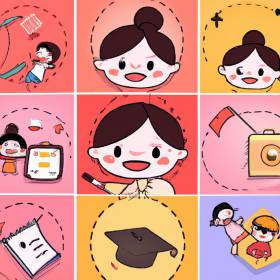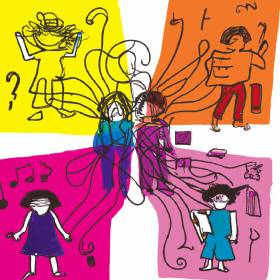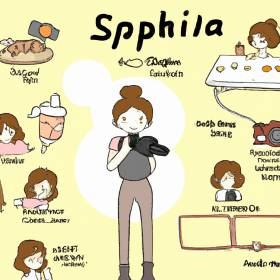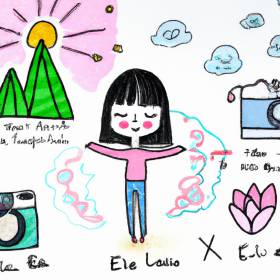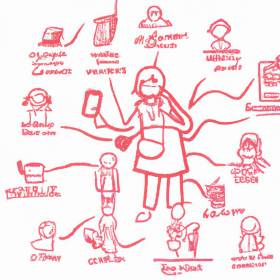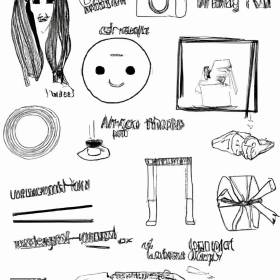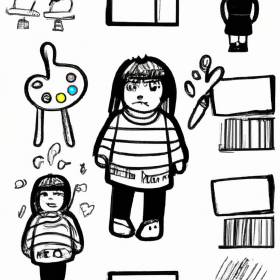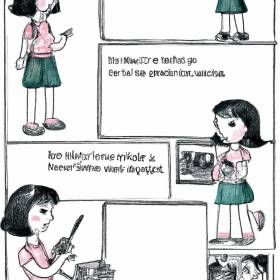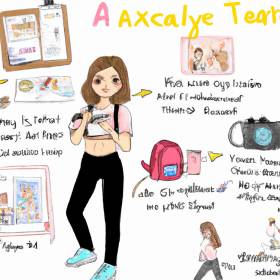7997
How money works...
 aara123Money is a medium of exchange that facilitates trade by eliminating the inefficiencies of a barter system. It functions as a store of value, a unit of account, and a standard of deferred payment. At its core, money works because people agree on its value and accept it as a means to trade goods and services. Historically, money has evolved from commodity money like gold and silver to paper currency, and now to digital forms.
aara123Money is a medium of exchange that facilitates trade by eliminating the inefficiencies of a barter system. It functions as a store of value, a unit of account, and a standard of deferred payment. At its core, money works because people agree on its value and accept it as a means to trade goods and services. Historically, money has evolved from commodity money like gold and silver to paper currency, and now to digital forms.In most modern economies, money is issued and regulated by central banks. This money, called fiat currency, has no intrinsic value but derives its worth from government decree and public trust. People earn money through various means such as employment, business, or investments. This earned money can be spent on goods and services or saved for future use. Savings are often held in banks, which play a crucial role in how money flows within an economy.
Banks lend out deposits to individuals and businesses, charging interest on these loans. This creates a multiplier effect, as the money lent out circulates through the economy, generating more transactions and economic activity. Central banks influence this flow by adjusting interest rates and controlling the money supply through tools like open market operations and reserve requirements.
Digital advancements have introduced new forms of money, such as cryptocurrencies, which operate on decentralized systems like blockchain. While they challenge traditional monetary systems, their adoption hinges on trust, utility, and regulation. Ultimately, money works because it is a shared agreement that simplifies transactions, fuels economic growth, and underpins modern societies.
4748482459



